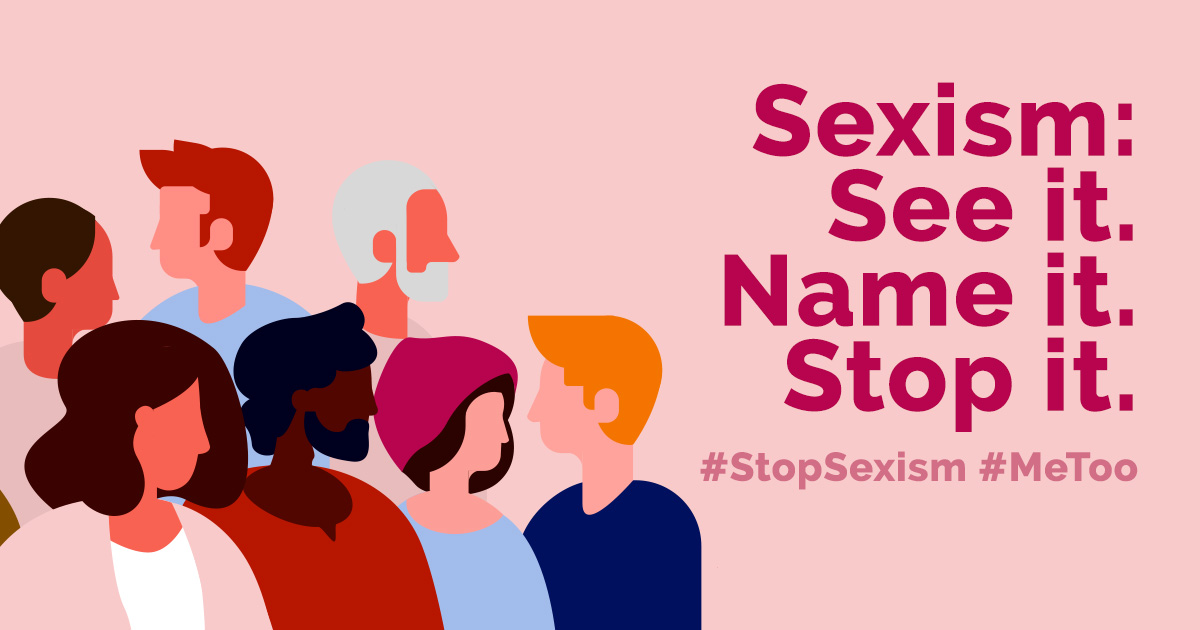Dr. Dorit Avni credits a gender equality plan implemented during the R&I Peers Project with her success at leading and winning a prestigious EU Horizon2020 project bid in the amount of EUR 7.5 million. Dr. Avni, whose project ALGEA4IBD will pursue ground-breaking research on inflammatory bowel disease, is group leader of the Bioactive Metabolites and Immune Modulation Laboratory at the MIGAL Galilee Research Institute (MIGAL), a regional mega-R&D centre supported by Israel’s Ministry of Science and Technology, and partner to the R&I Peers Project.
As part of an R&I Peers Gender Action Plan implementation at MIGAL, Dr. Avni and her colleagues participated in “Champions,” a course launched in 2019 aiming to promote advancement of women researchers and increase their participation in international and competitive research projects, in leading scientific journals, and in economic and research decision-making,
Following the course, which tackled empowering self-confidence, improving presentation capabilities, and developing the ability to write competitive research proposal, Dr. Avni initiated, led and coordinated a successful consortium bid for the ALGEA4IBD Project.
Of her achievement Shai-Lee Spigelman, Science and Technology Ministry Director-General says, “this award is an impressive achievement that few achieve, with international recognition confirming the importance of this innovative project aimed at transforming algae into sorely needed treatments for inflammatory related diseases.”
For more details see the article published in Yahoo Finance and The Jerusalem Post.
















